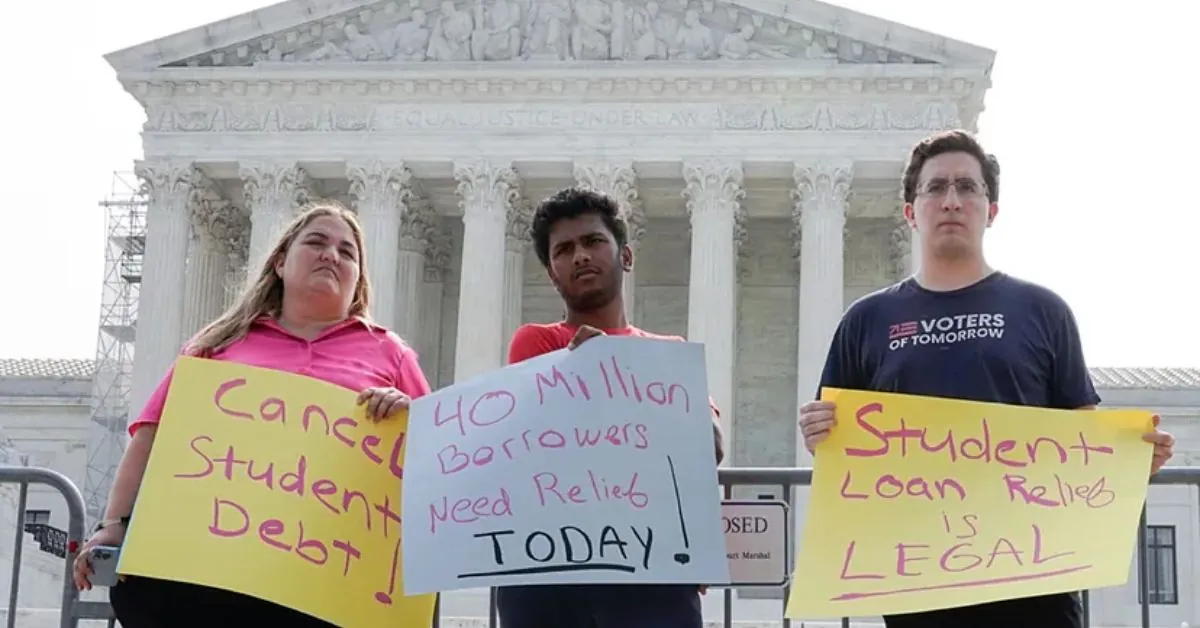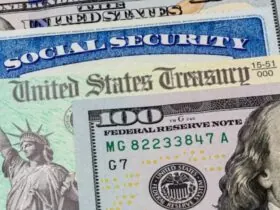Student loan debt can quickly become a serious financial burden if you fail to stay on top of payments. Whether you have federal or private loans, missing payments can result in harsh consequences, including wage garnishment and asset seizure. Understanding the risks associated with student loan default and the steps you can take to protect yourself is crucial to avoiding significant financial distress. This article outlines the potential consequences of defaulting on both federal and private student loans, and provides strategies to help you navigate these challenges.
Higher monthly payments loom for many student loan borrowers https://t.co/BgCNbxpwr8
— Los Angeles Times (@latimes) November 15, 2024
The Risks of Defaulting on Federal Student Loans
This Article Includes
Wage Garnishment Without a Court Order
For borrowers with federal student loans, the government does not need to go through the court system to garnish wages. If you miss payments and your loans go into default after 270 days, the government can begin garnishing up to 15% of your disposable income. The process begins with a 65-day notice, giving you the opportunity to request a hearing to dispute the garnishment.
Bank Account Seizure
In addition to wage garnishment, federal student loans can directly impact your bank accounts. Unlike private loans, the government does not need a court judgment to seize funds from your accounts. However, only a portion of your income or savings can be taken, and certain benefits, such as Social Security, are generally protected from seizure.
The Risks of Defaulting on Private Student Loans
Court Action and Judgment
Private student loans, however, involve a more complex process. Lenders must first sue you in court and obtain a judgment before they can begin garnishing your wages or seizing your assets. This requires an official legal process, which can be time-consuming and costly for the lender. However, once a judgment is in place, creditors can garnish up to 25% of your disposable income, depending on the laws of your state.
Seizure of Assets
In the case of private loans, creditors can also seize assets if they win a judgment. These assets may include funds from bank accounts or brokerage accounts. However, certain assets are protected, such as Social Security benefits, most retirement plans, and your primary residence, unless the loan is secured by that property.
What are three things student loan borrowers should do before 2025?
Read more: https://t.co/jDPPvv0yUe pic.twitter.com/67QTlLqwJC— Forbes (@Forbes) November 28, 2024
Secured vs. Unsecured Loans
What Happens If the Loan is Secured?
Student loans are typically unsecured, meaning they are not backed by collateral such as a house or car. However, if a loan is secured, such as through a car or home equity, creditors may have the right to seize the collateral without needing a court judgment. This can result in the loss of valuable property if the borrower defaults on the loan.
Unsecured Loans and Legal Action
For most student loans, which are unsecured, creditors must go through the legal process of obtaining a judgment in order to seize assets. While some personal property may be exempt from seizure, a lien can be placed on assets, preventing you from selling or transferring them until the debt is repaid.
How to Avoid Wage Garnishment and Asset Seizure
Be Proactive: Contact Your Loan Servicer
The best way to prevent the severe consequences of student loan default is to be proactive. If you’re struggling to keep up with payments, don’t wait for the situation to worsen. Reach out to your loan servicer to discuss your options. You may be eligible for repayment plans, deferment, or forbearance, which can help ease the financial burden in times of hardship.
Consider Income-Driven Repayment Plans
For federal loans, consider enrolling in an income-driven repayment plan. These plans adjust your monthly payments based on your income and family size, making it more manageable to stay current with your payments. This option can help prevent default and the resulting wage garnishment or asset seizure.
Explore Loan Consolidation or Refinancing
Consolidating or refinancing your student loans can also help you manage your payments more effectively. Loan consolidation allows you to combine multiple federal loans into one, potentially lowering your monthly payment. Refinancing, on the other hand, allows you to secure a lower interest rate, making it easier to pay off the loan faster.
The Importance of Addressing Student Loan Debt Early
Ignoring the issue of student loan debt can lead to severe financial consequences, including wage garnishment and the seizure of assets. Federal loans can lead to automatic wage garnishment and bank account seizure, while private loans require legal action to initiate these measures. Regardless of the type of loan, taking proactive steps early on can help you avoid these outcomes.
If you find yourself struggling with student loan debt, it is essential to communicate with your loan servicer and explore all available options. Whether you need to adjust your repayment plan, seek deferment, or consider loan consolidation, addressing the issue early can help you avoid the stress and financial hardship associated with default.
By staying informed and proactive, you can protect your income, assets, and financial future from the consequences of student loan default.







Leave a Reply